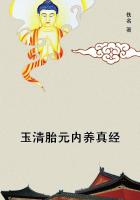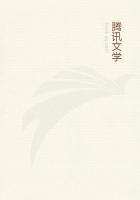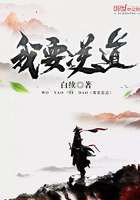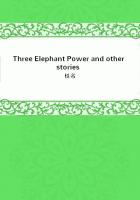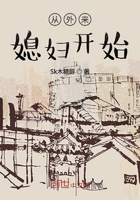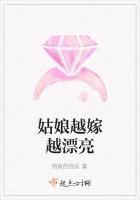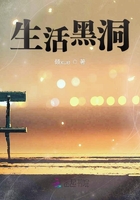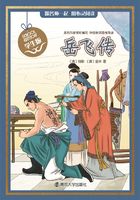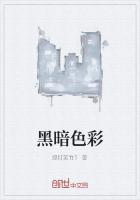Select a man to send to Fougeres; but stay yourself with me.In the first place, however, take two or three of your comrades and bring in the muskets and ammunition of the poor fellows those brigands have rolled into the ditch.These Bretons," added Hulot to Gerard, "will make famous infantry if they take to rations."Gudin's emissary started on a run to Fougeres by a wood-road to the left; the soldiers looked to their arms, and awaited an attack; the commandant passed along their line, smiling to them, and then placed himself with his officers, a little in front of it.Silence fell once more, but it was of short duration.Three hundred or more Chouans, their clothing identical with that of the late recruits, burst from the woods to the right with actual howls and planted themselves, without any semblance of order, on the road directly in front of the feeble detachment of the Blues.The commandant thereupon ranged his soldiers in two equal parts, each with a front of ten men.Between them, he placed the twelve recruits, to whom he hastily gave arms, putting himself at their head.This little centre was protected by the two wings, of twenty-five men each, which manoeuvred on either side of the road under the orders of Merle and Gerard; their object being to catch the Chouans on the flank and prevent them from posting themselves as sharp-shooters among the trees, where they could pick off the Blues without risk to themselves; for in these wars the Republican troops never knew where to look for an enemy.
These arrangements, hastily made, gave confidence to the soldiers, and they advanced in silence upon the Chouans.At the end of a few seconds each side fired, with the loss of several men.At this moment the two wings of the Republicans, to whom the Chouans had nothing to oppose, came upon their flanks, and, with a close, quick volley, sent death and disorder among the enemy.This manoeuvre very nearly equalized the numerical strength of the two parties.But the Chouan nature was so intrepid, their will so firm, that they did not give way; their losses scarcely staggered them; they simply closed up and attempted to surround the dark and well-formed little party of the Blues, which covered so little ground that it looked from a distance like a queen-bee surrounded by the swarm.
The Chouans might have carried the day at this moment if the two wings commanded by Merle and Gerard had not succeeded in getting in two volleys which took them diagonally on their rear.The Blues of the two wings ought to have remained in position and continued to pick off in this way their terrible enemies; but excited by the danger of their little main body, then completely surrounded by the Chouans, they flung themselves headlong into the road with fixed bayonets and made the battle even for a few moments.Both sides fought with a stubbornness intensified by the cruelty and fury of the partisan spirit which made this war exceptional.Each man, observant of danger, was silent.The scene was gloomy and cold as death itself.Nothing was heard through the clash of arms and the grinding of the sand under foot but the moans and exclamations of those who fell, either dead or badly wounded.The twelve loyal recruits in the republican main body protected the commandant (who was guiding his men and giving orders)with such courage that more than once several soldiers called out "Bravo, conscripts!"Hulot, imperturbable and with an eye to everything, presently remarked among the Chouans a man who, like himself, was evidently surrounded by picked men, and was therefore, no doubt, the leader of the attacking party.He was eager to see this man distinctly, and he made many efforts to distinguish his features, but in vain; they were hidden by the red caps and broad-brimmed hats of those about him.Hulot did, however, see Marche-a-Terre beside this leader, repeating his orders in a hoarse voice, his own carbine, meanwhile, being far from inactive.The commandant grew impatient at being thus baffled.Waving his sword, he urged on the recruits and charged the centre of the Chouans with such fury that he broke through their line and came close to their chief, whose face, however, was still hidden by a broad-brimmed felt hat with a white cockade.But the invisible leader, surprised at so bold an attack, retreated a step or two and raised his hat abruptly, thus enabling Hulot to get a hasty idea of his appearance.
He was young,--Hulot thought him to be about twenty-five; he wore a hunting-jacket of green cloth, and a white belt containing pistols.

